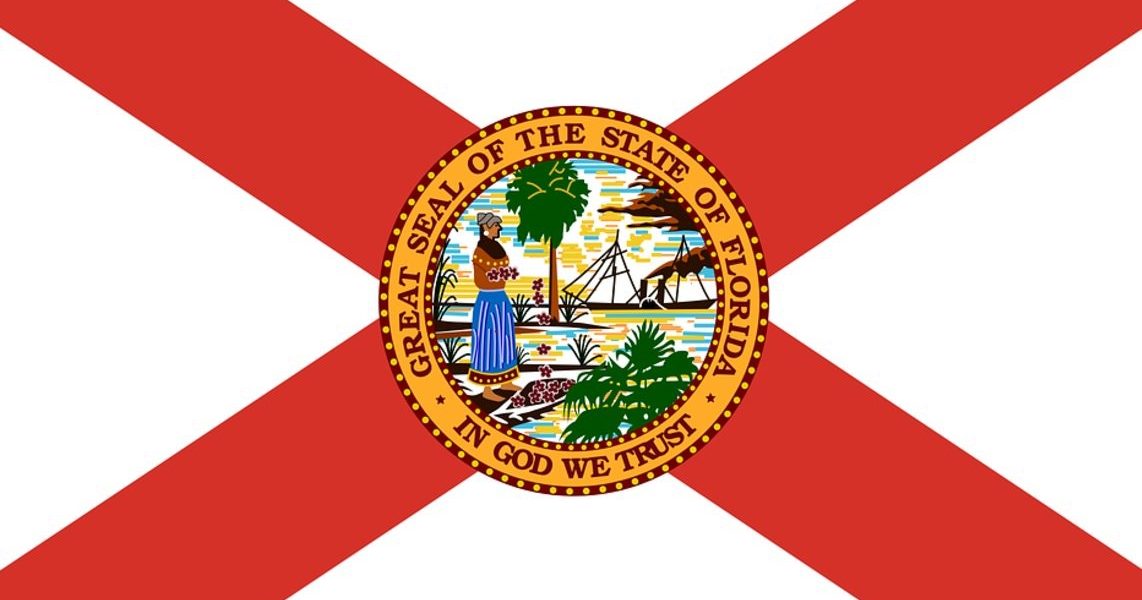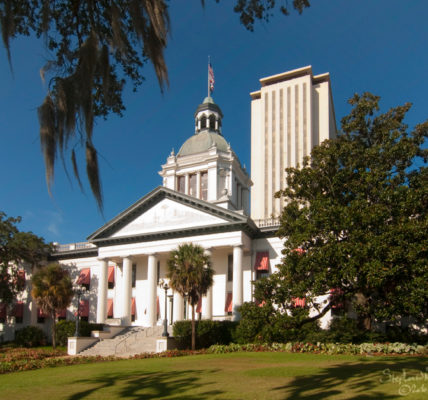By: Roberto Lachner
The 2020 election has long passed, and although everyone has heard about the flashy races and results, such as the presidency, senate, and house of representatives, there was one section on every Floridian’s ballot which will likely have more of an impact on our community’s everyday lives than all the others: Amendments. These amendments to the Florida state constitution are individual ballot initiatives where the voters themselves can vote for specific policies that go into effect statewide. Here are the 4 which passed in Florida, and how they will affect students and their families in the community.
Amendment 2: $15 Minimum Wage Initiative
Likely the most talked about amendment, not just in the state of Florida but nationwide, the ballot summary reads,
Raises minimum wage to $10.00 per hour effective September 30th, 2021. Each September 30th thereafter, minimum wage shall increase by $1.00 per hour until the minimum wage reaches $15.00 per hour on September 30th, 2026. From that point forward, future minimum wage increases shall revert to being adjusted annually for inflation starting September 30th, 2027
In short, the minimum wage will get raised by a dollar every year until the minimum wage becomes $15.00 an hour in 2026, compared to $8.56 today in FL and $7.25 nationally. Proponents of the amendment argued that this increase would mean a livable wage for millions of people, and would lift 1.3 million households out of poverty, according to the Florida Policy Institute. Conversely, Chris Sprowls, an opponent of the amendment and House Speaker for Florida’s state legislature, argued that “It will be bad for the workers, it will kill their jobs, it will hurt the number of hours they can get, it will reduce their ultimate wages when it’s all said and done, and it will close our businesses.” The amendment passed, barely surpassing the 60% supermajority required by 0.82%, meaning that it will become law and affect, as is estimated by FPI, 1.7 million workers in Florida above the age of 25. Interestingly, Florida voted Republican by 3.5% in the presidential race, yet voted for this staple Democratic policy by a margin of more than 10%.
Amendment 1: Citizenship Requirement to Vote in Florida Elections
This amendment’s purpose has caused some confusion amongst Floridians, stating,
This amendment provides that only United States Citizens who are at least eighteen years of age, a permanent resident of Florida, and registered to vote, as provided by law, shall be qualified to vote in a Florida election.
In essence, Amendment 1 makes a small change in wording to Florida’s state constitution, so that instead of reading, “every citizen” can vote, it will now read, “only a citizen” can vote. Chairman of the Florida Citizen Voters committee (which sponsored this amendment), John London, views the change in wording as necessary to challenge any future law that would allow non-citizens to vote, according to the Washington Post. Because noncitizen voting is already not legal in Florida and it will almost certainly stay that way, outlets such as Florida Today have voiced concerns that “Amendment 1 is a gimmick” and “We should only amendment the state Constitution if it makes a difference.” Nevertheless, the initiative passed with a resounding 80% of the vote.
Amendment 5: Limitation on Homestead Assessments
One of the more straightforward initiatives on the ballot this year, Amendment 5 is written,
Proposing an amendment to the State Constitution, effective January 1, 2021, to increase, from 2 years to 3 years, the period of time during which accrued Save-Our-Homes benefits may be transferred from a prior homestead to a new homestead
Save Our Homes is a provision in the Florida State Constitution that caps the assessed value increase of a homestead (or property in which people live) to 3% per year (according to the city of Jacksonville website), which in turn limits the amount of tax increase possible on the home. Under Amendment 5, homeowners who benefit from SOH have three years to transfer these benefits from their old home to their new home, instead of just two. No significant opposition has been raised against this amendment, and it “was passed unanimously in both chambers of the Florida State Legislature,” according to Ballotpedia. It gained approval from a resounding 74% of voters.
Amendment 6: Homestead Property Tax Discount for Spouses of Deceased Veterans
Likely the most popular measure on the ballot this year, Amendment 6’s summary reads,
Provides that the homestead property tax discount for certain veterans with permanent combat-related disabilities carries over to such veteran’s surviving spouse who holds legal or beneficial title to, and who permanently resides on, the homestead property, until he or she remarries or sells or otherwise disposes of the property. The discount may be transferred to a new homestead property of the surviving spouse under certain conditions. The amendment takes effect January 1, 2021.
Veterans may receive tax discounts on their homes in Florida, especially if they have “Permanent, Combat-Related Disabilities,” (per the full text of the ballot initiative). However, the law as it stands directs that these discounts expire if and when the veteran in question dies, no longer benefitting his or her spouse. Amendment 6 lets these spouses of deceased veterans to keep the discount on their home tax, provided that they don’t remarry or move to a more expensive home. Again, no significant opposition was evident to this ballot initiative, and it passed with 90% of the vote, what would be an unimaginable margin for any other policy change.
Amendment 4 did not pass, and would have changed the rule on approving constitutional amendments in Florida, requiring them to be approved by voters in two elections rather than just one. Also rejected was Amendment 3, which would have allowed every voter, regardless of party affiliation, to vote in state and local primary elections (open primaries).





